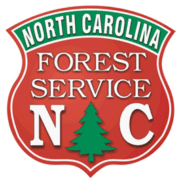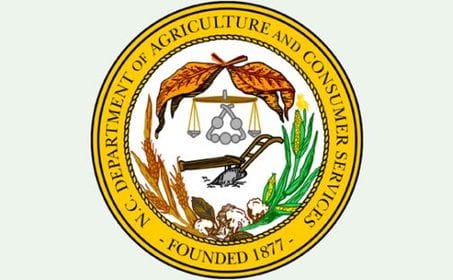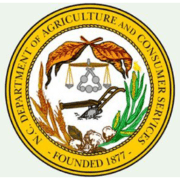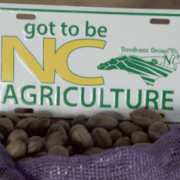NC Celebrates Arbor Day Friday, Mar. 21
— courtesy of N.C. Department of Agriculture & Consumer Sciences
North Carolina will observe Arbor Day Friday, March 21, to commemorate the annual tree-planting holiday.
“Planting trees is important because they clean the air we breathe and the water we drink. Trees increase our property values, lower our energy consumption and costs, help control stormwater, and substantially benefit wildlife and human health,” said Agriculture Commissioner Steve Troxler. “Trees are a good investment of public dollars, and planting trees is a simple, responsible and natural solution to many challenges that we face each day in North Carolina. Communities across the state are holding Arbor Day celebrations, and I encourage everyone to contact your local municipality to be part of their event.”
Once deemed “the treeless plain,” Nebraska was home to the inaugural Arbor Day celebration in 1872 with the planting of more than a million trees. North Carolina observes Arbor Day the first Friday following March 15, while National Arbor Day is held the last Friday in April each year.
The N.C. Forest Service offers a variety of state forestry programs that grow and strengthen our forest resources by supporting landowners and communities with tree planting, site preparation and forest improvement practices. Planting trees and responsible urban forest management at the local level such as community involvement and participation in urban forestry recognition programs are critical to sustaining healthy forest resources throughout North Carolina.
N.C. Forest Service staff are available to help landowners manage their woods and communities manage their urban forest. NCFS staff are also available to assist with developing Arbor Day celebrations and presenting Tree City USA, Tree Campus Higher Education and Tree Line USA awards during community celebrations.





